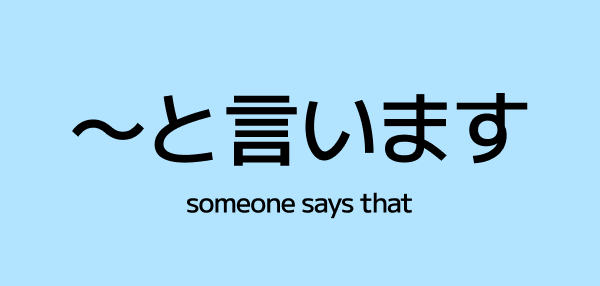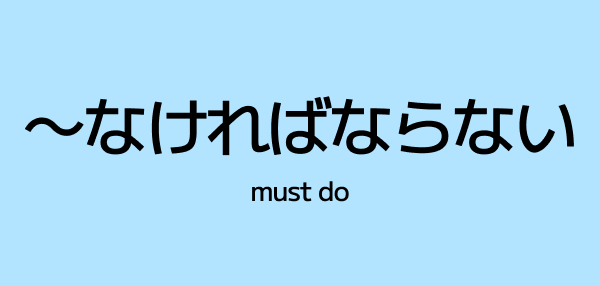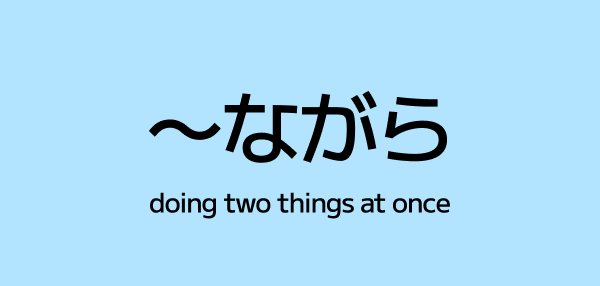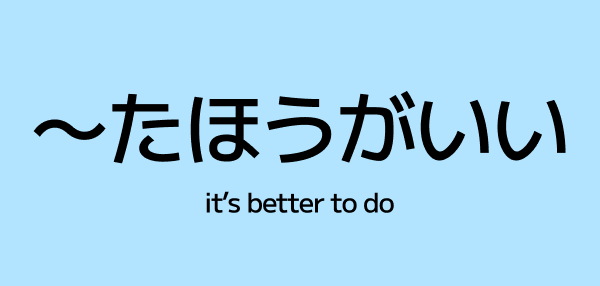~ないでください (nai de kudasai) – Please Don’t Do That (Politely)
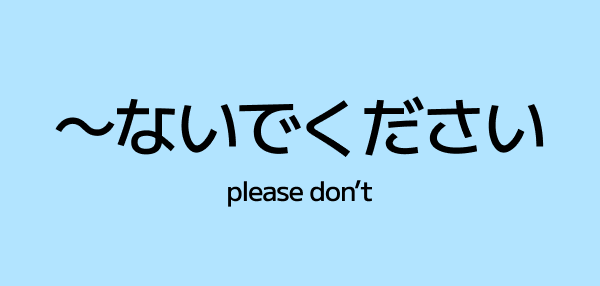
You already know 「~てください」 means “please do” something. But what if you want to ask someone not to do something — politely?
That’s where 「~ないでください」 comes in!
In this guide, you’ll learn:
- What「~ないでください」means and how to use it
- How to form the negative command
- A few cultural tips to avoid sounding rude
Let’s take a look👇
What Does ~ないでくださいMean?
「~ないでください」 is the polite way to say “please don’t…” in Japanese. It’s used when you want to tell someone not to do something, but in a respectful tone.
Examples:
- 電車の中では食べないでください。Please don’t eat inside the train.
- 写真を撮らないでください。Please don't take photos.
- アプリを削除しないでください。Please don't delete the app.
It’s soft, clear, and used often in signs, shops, conversations, and even parenting!
How to Make ~ないでください
You’ll need the negative plain form of a verb + でください.
Here’s how:
1. Start with the dictionary form of the verb
2. Change it to the negative (~ない) form
3. Add でください
Examples:
- たべる (to eat) → たべないでください Please don’t eat
- すわる (to sit) → すわらないでください Please don’t sit
- すてる (to throw away) → すてないでください Please don’t throw it away
- わすれる (to forget) → わすれないでください Please don’t forget
- くる (to come) → こないでください Please don’t come
- する (to do) → しないでください Please don’t do it
You can use it in almost any polite context, with friends, coworkers, customers, or even kids (gently!).
More Sentence Examples
- このへやでたばこをすわないでください。 Please don’t smoke in this room.
- ドアをあけないでください。 Please don’t open the door.
- ゲームをやらないでください。 Please don’t play games.
- ここにごみをすてないでください。 Please don’t throw trash here.
Practice
Try saying these common polite requests not to do something:
- Please don’t forget your umbrella. →かさをわすれないでください。
- Please don’t be late. → おくれないでください。
- Please don’t take photos. → しゃしんをとらないでください。
- Please don’t throw trash here. →ここにごみをすてないでください。
Try changing the verbs with ones you use in your daily life, like playing games, talking loudly, or using your phone.
Even Softer Ways to Say "Don't Do That" (Politeness Matters!)
In Japanese culture, being direct, especially when telling someone not to do something, can sound pretty harsh. That’s why 「~ないでください」 is helpful.
But in public places, you’ll often hear even softer versions to avoid sounding too strict.
Here are some common phrases you'll see or hear in Japan:
- 「しゃしんさつえいはごえんりょください。」 → “Please refrain from taking photos.” (common in museums)
- 「けいたいでんわのごしようはおひかえください。」 → “Please refrain from using mobile phones.” (trains, clinics)
- 「おさわりにならないようおねがいします。」 → “Please avoid touching.” (used near fragile items or displays)
- 「おたばこはごえんりょください。」 → “Please refrain from smoking.” (restaurants, hotels)
These expressions use humble language like:
- ごえんりょください(please refrain)
- おひかえください(please refrain/withhold)
You don’t usually use these in casual conversation, as they’re more for public settings, customer service, or written signs.
For normal conversations, sticking with ~ないでくださいis usually fine.
Quick Recap
- 「~ないでください」= Please don’t do X
- Form it using the verb’s negative plain form +でください
- It’s polite, but be mindful of tone depending on the situation
- You’ll see it on signs, hear it in announcements, and use it in daily life!

